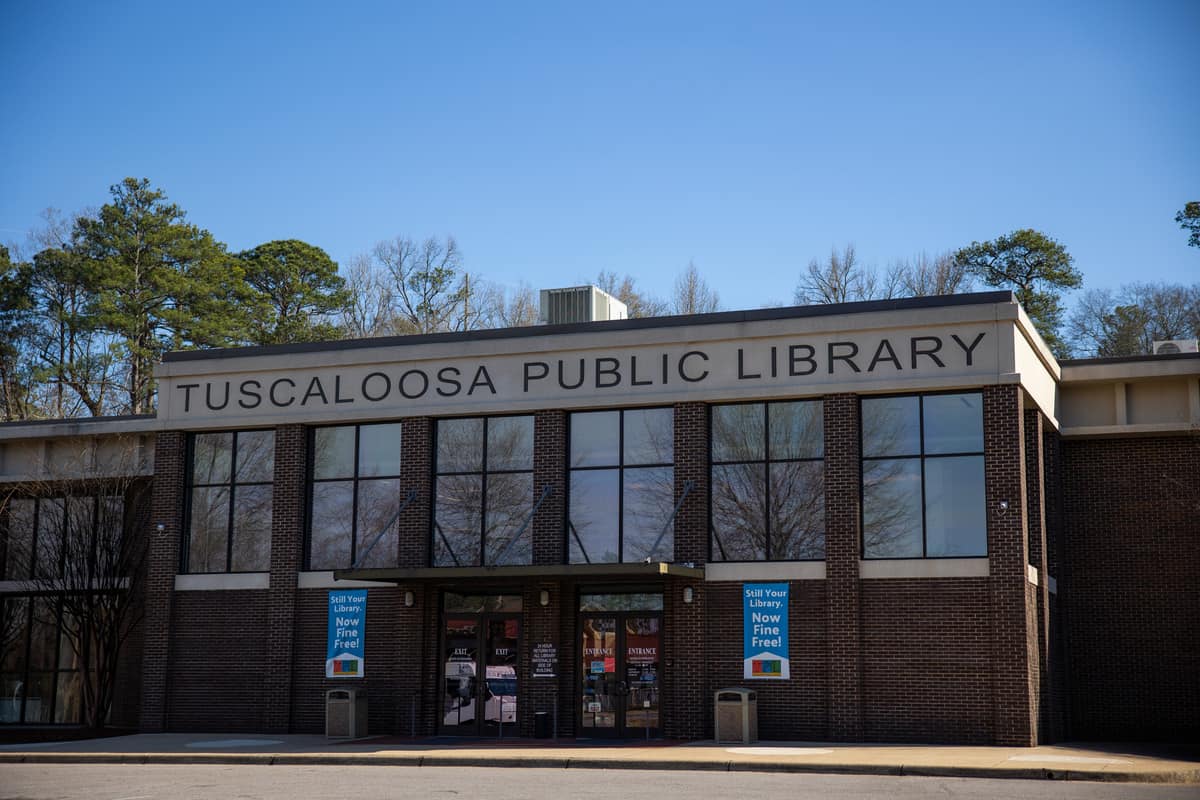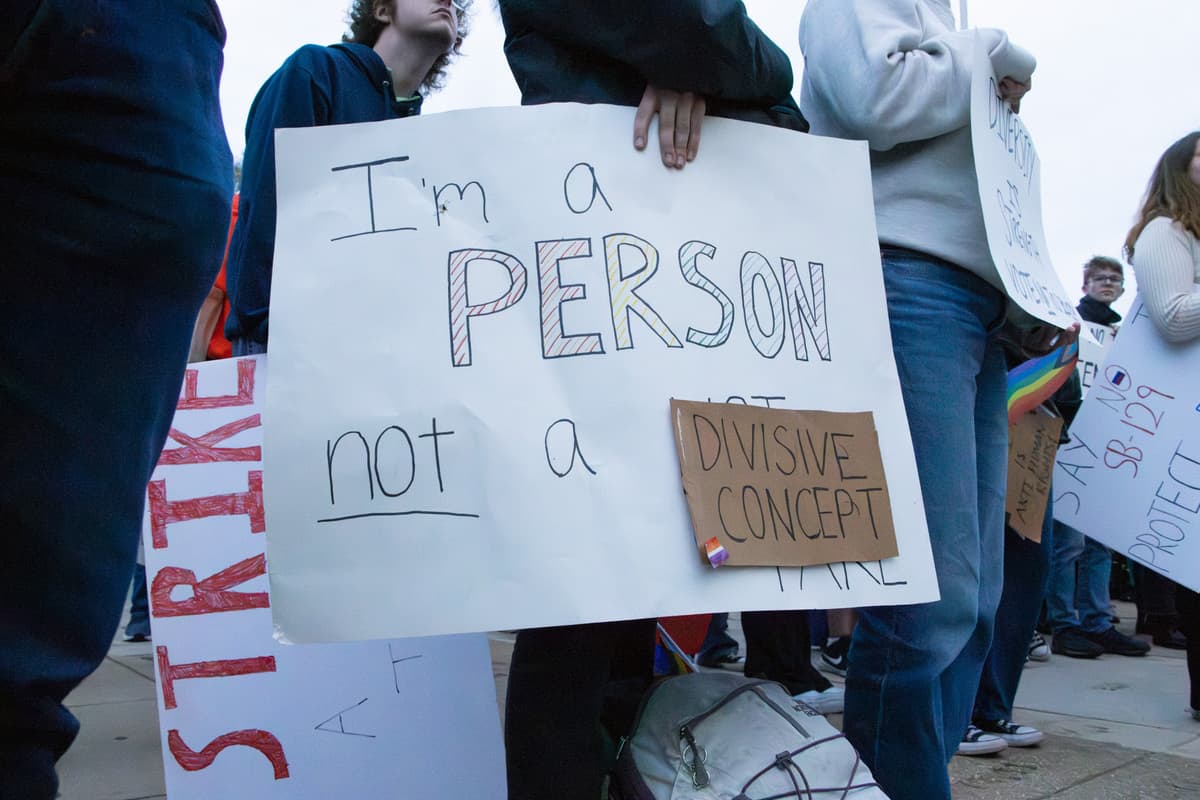This Thursday marks the 150th anniversary of the end of the Civil War. An event of such significance calls for our observance and reflection. So does the man who led America through it all, President Abraham Lincoln. This year is also the sesquicentennial of his assassination, which occurred less than a week after Robert E. Lee’s surrender.
Less than a hundred years since the American Revolution, our nation found itself splitting apart over slavery. Shortly after Lincoln’s election to the presidency, South Carolina seceded on Dec. 20, 1860. The other 10 southern states were quick to follow, and Montgomery became the first capitol of the Confederate States of America.
Lincoln, more so than anyone else, understood the importance of preserving the Union. At his first inauguration, he pledged an oath “to preserve, protect, and defend the United States Constitution.” He also said he had “no purpose, directly or indirectly, to interfere with the institution of slavery in the States where it exists. I believe I have no lawful right to do so, and I have no inclination to do so.”
The war changed Lincoln’s opinion on what to do with the former slaves. At one point, Lincoln felt it would be best to send them to Liberia but because many freed slaves fought for the Union, Lincoln’s ideas for this problem evolved. On April 11, 1865, Lincoln spoke to an interracial crowd on the White House lawn. In this speech, Lincoln made it clear the United States would be extending citizenship to the former slaves. He announced that Louisiana had given “the benefit of public schools equally to black and white, and empowering the Legislature to confer the elective franchise upon the colored man.” Furthermore, “What has been said of Louisiana will apply generally to other States.” Incensed by this speech, John Wilkes Booth shot Lincoln just days afterward.
John Wilkes Booth’s assassination of Lincoln also put a death to Lincoln’s vision for the United States after the war. Before the war, he made it clear he had no intention to outlaw slavery in Southern states. Although he was against slavery, he did not share the fervor of abolitionists; rather, he thought slavery would eventually die out.
There is no doubt that winning the Civil War was a near-impossible feat for Lincoln. Lincoln had clinical depression for most of his life. Henry Clay Whitney, a colleague and biographer of Lincoln, claimed that “no element of Mr. Lincoln’s character was so marked, obvious, and ingrained as his mysterious and profound melancholy.” His son William “Willie” Lincoln died in 1862. Willie’s death caused Lincoln to take three weeks off from work. This event only worsened Lincoln’s battle with depression, or “melancholy,” as it was known at the time.
Lincoln could have let the South secede and recognized them as an independent nation. Allowing secession would have set a precedent for other states to secede, and the United States of America would never have become the superpower it is today. Without Lincoln, would there have been a United States of America to save the world from the Japanese and the Nazis in World War II? Would there have been a superpower to stand up to the Soviet Union? That power would not have been the United States. The grand dream of the Founding Fathers would have been crushed. Democracy would be seen as a failure, and the current world landscape would have been dramatically different than it is today.
Lincoln once said, “My dream is of a place and a time where America will once again be seen as the last best hope of earth.” Less than a century later, the United States became the world’s “last best hope.”
Lincoln knew the importance of winning the war and reuniting the country afterwards. In a speech to the 166th Ohio regiment, he stated: “It is not merely for to-day, but for all time to come that we should perpetuate for our children’s children this great and free government, which we have enjoyed all our lives.” Lincoln was bold, courageous and decisive. He saved the United States of America from destroying itself. Because of men and women like Abraham Lincoln, America remains a beacon of hope and opportunity today. It is the task of our generation to preserve it and better it.
John David Thompson is a sophomore majoring in political science. His column runs weekly.






